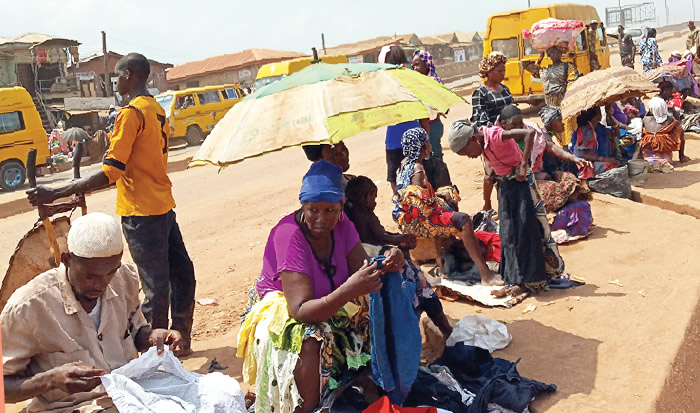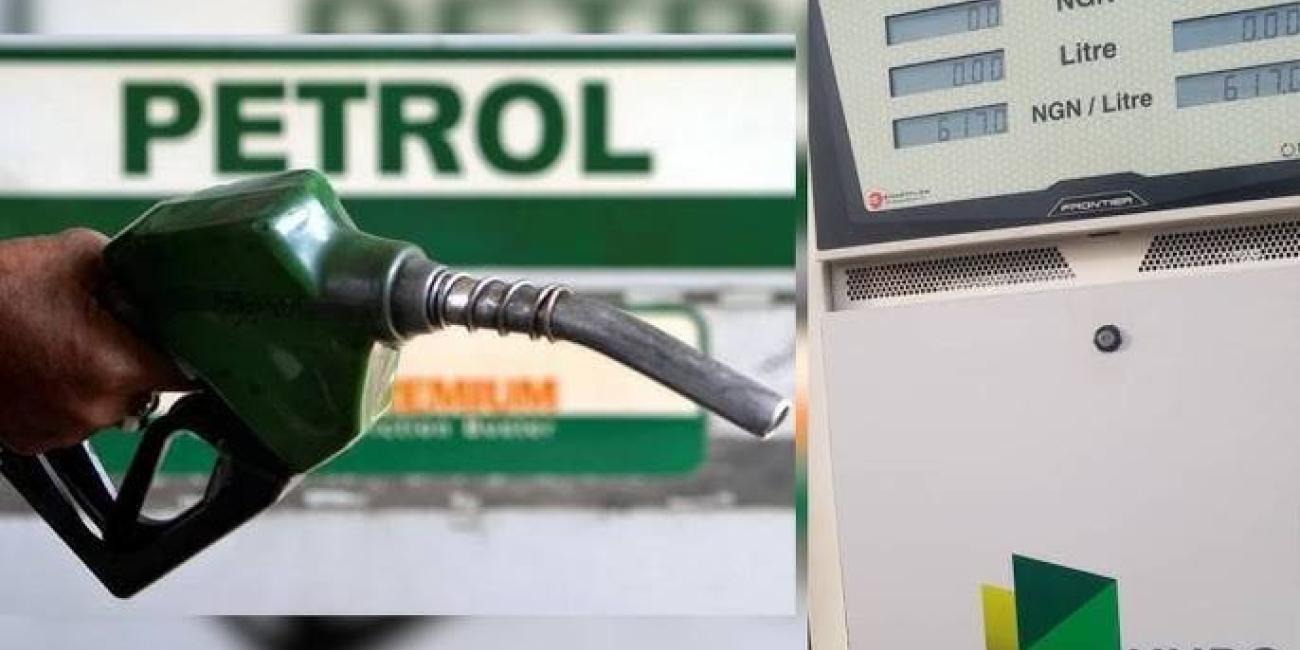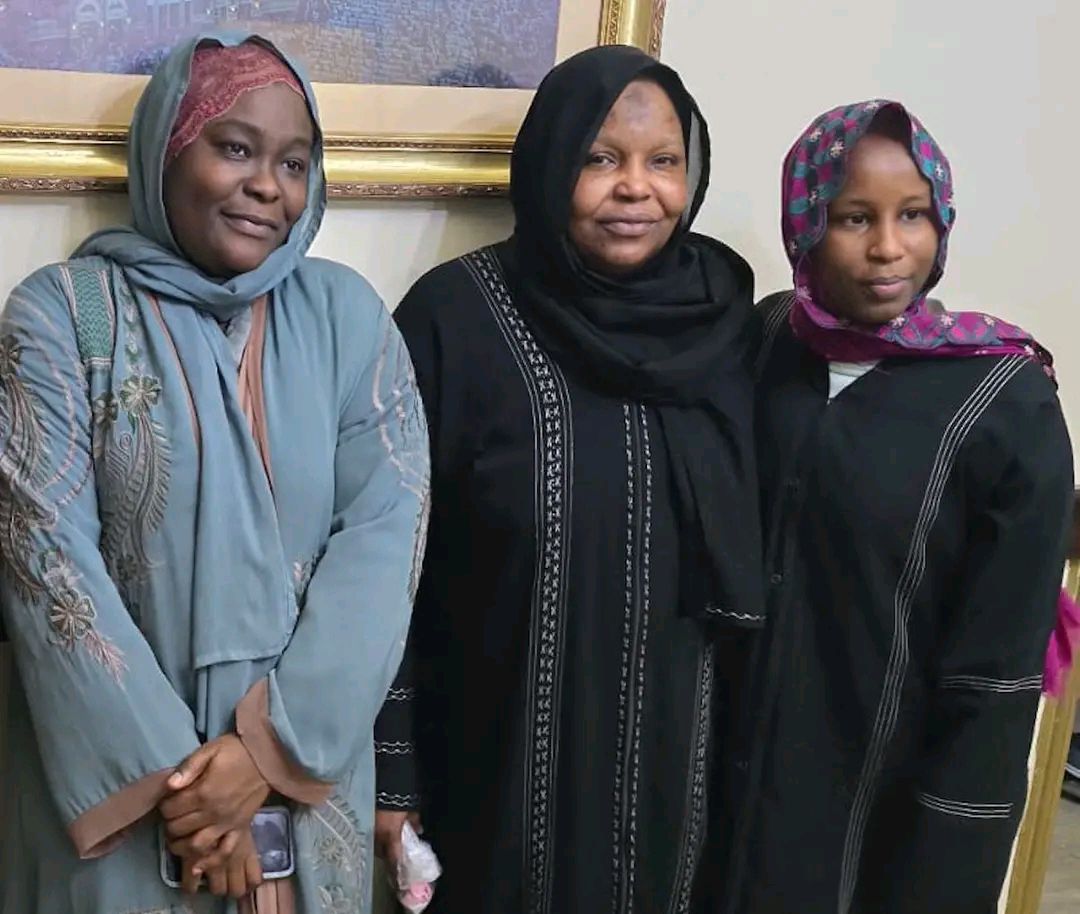Jigawa State is currently facing a serious health crisis, as reported by Sahara Reporters.
Rural communities are seeing a significant increase in chronic kidney disease (CKD) and kidney failure, resulting in many deaths. Despite the rising number of cases, the exact cause of this epidemic remains unknown, leaving residents desperate for answers and treatment.
Communities like Yan Gobir, Turakawa, Sarawa, Kabi, Lafiya, Birkidi, Mezan, and Gafayede in the Kafin Hausa Local Government Area have been deeply affected.
One tragic case is that of Abdullahi Salihu, a 45-year-old farmer from Mezan. He has lost four children and both of his parents to kidney failure and is now battling the disease himself. Financially strained, he struggles to pay for the treatment that could save his life. In his community, 13 people have died from kidney disease in the past year alone.
“I spent over a million naira trying to save my son, but I couldn’t,” Salihu said, highlighting the high cost of his treatment, which requires 20,000 naira per dialysis session, three times a week.
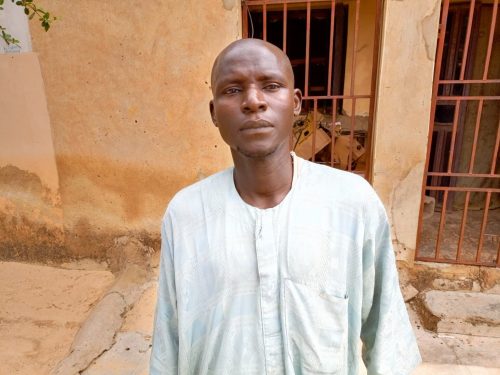
Medical professionals in the region share similar frustrations. Dr. Isah Musa, a senior medical officer at Kafin Hausa General Hospital, pointed out that the government has yet to fund proper research to understand the cause of this rising health issue.
“We don’t know what’s causing this, but we’re seeing more and more cases, especially among young people,” he noted.
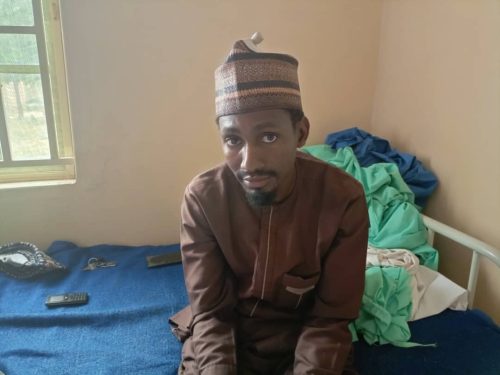
From January 2023 to now, Kafin Hausa General Hospital has recorded over 220 cases of kidney failure, but it lacks a system for tracking CKD cases effectively. Recording officer Adamu Usman mentioned that chronic kidney disease is not included in their official database, despite the growing number of cases.
Yunusa Muhammad Sulaiman, the Bulaman of Kafin Hausa, stated that CKD has been a concern for more than a decade. He observed that the situation has worsened in recent years, leading to more patients seeking help.
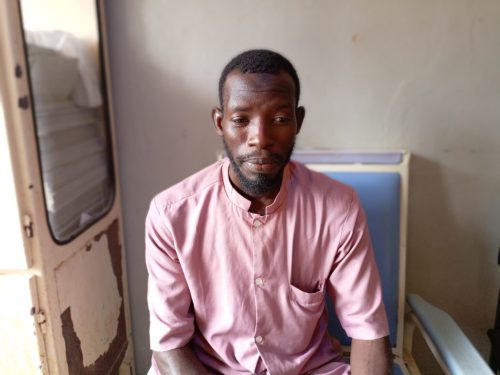
Residents suspect that environmental factors, like contaminated water, may be contributing to the rise in kidney disease. The area’s proximity to rivers and floodplains, which are used for irrigation and fishing, could be a risk factor, according to a report in the Nigerian Journal of Medicine. Dr. Nura Garba, a medical laboratory scientist, added that exposure to harmful pollutants in food, water, and air might also play a role.
Dr. Garba urged state and federal governments to take urgent action to identify the root causes of this health crisis. He warned that without intervention, many more people will suffer. Although some free dialysis services are available in larger towns, many rural patients struggle to access them due to distance and transportation costs.
For families like Salihu’s, the emotional and financial toll is immense. Many are selling their belongings, including crops and livestock, to pay for treatments that often provide only temporary relief.
During a visit to Kafin Hausa Hospital, 69-year-old Hauwa Aliyu appeared exhausted after receiving dialysis. She explained: “I found out I had kidney failure around April this year.” Her son, Musa, has had to sell his agricultural produce to pay for her treatment.
In response to the growing crisis, Dr. Muhammed Kainuwa, the state’s Commissioner of Health, announced plans to set up five kidney dialysis centers across the major emirates in Jigawa. “Governor Namadi is committed to ensuring that no one in Jigawa dies due to a lack of medical care,” Dr. Kainuwa stated, aiming to improve access to healthcare.
Despite these efforts, many patients in rural areas still face significant barriers to accessing the necessary healthcare services.
Sahara Reporters highlights the urgent need for a comprehensive response to this health crisis in Jigawa State.

